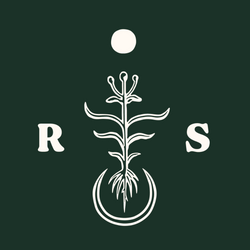In today's fast-paced world, where convenience often trumps wellness, the concept of integrative medicine stands as a beacon of hope. It offers a holistic approach to healthcare that encompasses not only the physical but also the mental, emotional, and spiritual aspects of well-being. However, understanding the roots of modern medicine sheds light on why integrative practices have taken so long to gain recognition.
Allopathic medicine, the predominant form of healthcare in the Western world, traces its origins to the late 19th century when the Rockefellers, among other influential figures, began to shape the landscape of modern medicine. With their financial clout, they propelled the pharmaceutical industry forward, leading to the widespread adoption of synthetic drugs, many of which were heavily addictive and petroleum-based.
This shift side-lined traditional herbal remedies and natural medicines, including those derived from ancient Chinese practices and functional mushrooms. These natural remedies, with centuries of empirical evidence supporting their efficacy, were gradually relegated to the side-lines as allopathic medicine became the norm.
However, the tide is turning. Integrative medicine, with its emphasis on combining conventional treatments with complementary therapies, is gaining momentum. People are rediscovering the benefits of natural, plant-based, and fungi-based supplements and medicines.
Functional mushrooms, once relegated to the periphery of mainstream medicine, are now enjoying a resurgence in popularity. Ancient Chinese medicine, with its rich tradition of using herbs and fungi for healing, is being embraced by a growing number of practitioners and patients alike.
The exceptional benefits of natural medicines cannot be overstated. From alleviating chronic conditions to boosting overall wellness, plant-based remedies offer a gentle yet effective alternative to their synthetic counterparts. Moreover, their holistic approach addresses the root cause of ailments rather than merely masking symptoms.
However, as we embark on this journey towards integrative medicine, it's crucial to exercise caution. Not all natural remedies are created equal, and sourcing plays a pivotal role in ensuring their safety and efficacy. It's imperative to obtain natural medicines from reputable sources that prioritise purity, organic cultivation, and rigorous testing. This ensures that they are free from harmful contaminants such as heavy metals and chemicals, safeguarding both our health and the integrity of the healing process.

